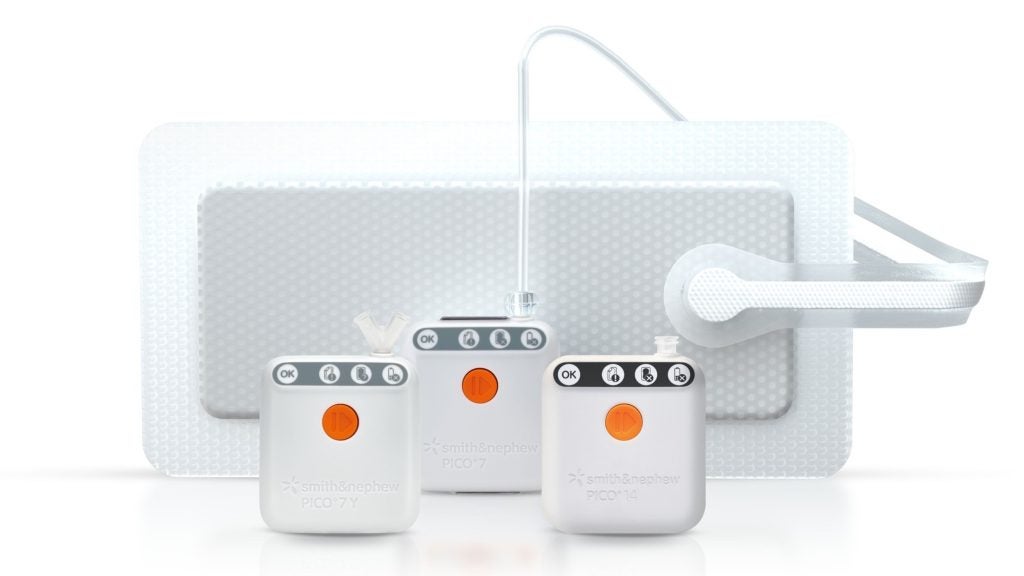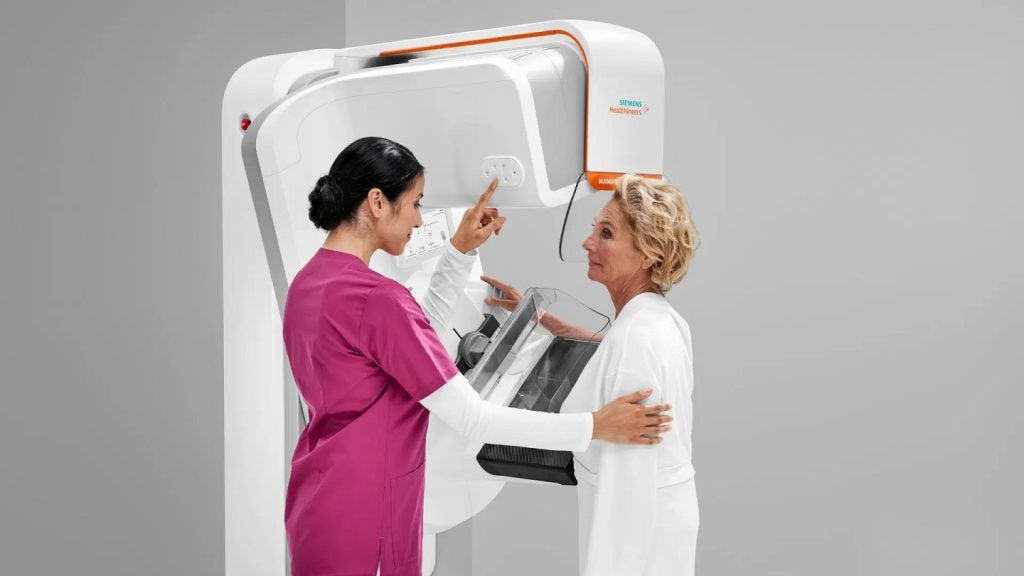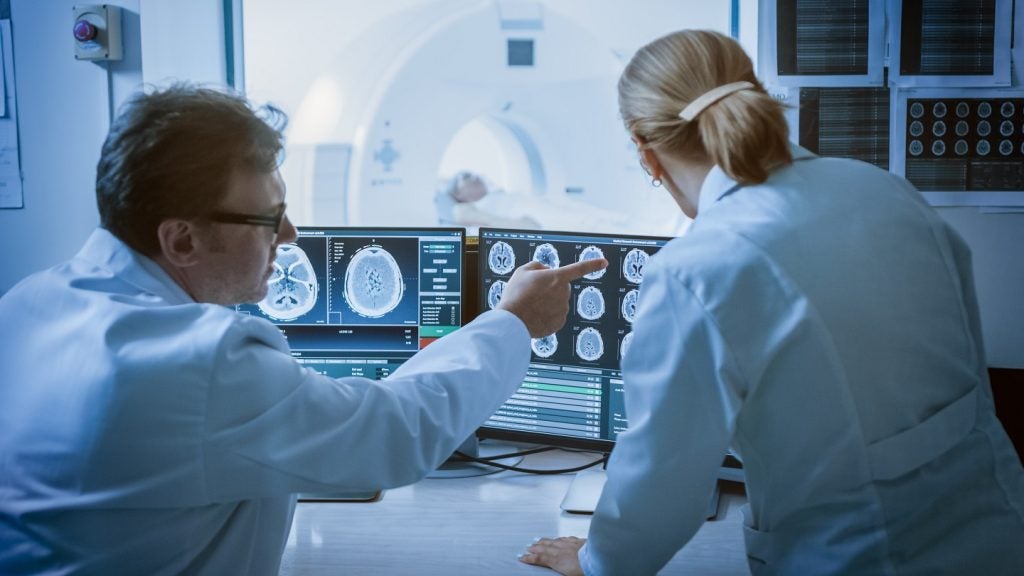Exact Sciences and the Mayo Clinic are working together to provide advanced cancer testing to patients, including the OncoExTra and Riskguard tests.
This testing involves a comprehensive DNA and RNA-based test called OncoExTra, which gives doctors detailed information about a patient’s specific cancer. The test results are personalised to each patient, helping doctors choose the best treatment options.
The company also offers a hereditary cancer test called Riskguard, which helps patients and doctors understand if there is a genetic hereditary risk for certain cancers.
The data from these tests aims to improve care for individual patients but will also be used to develop advanced AI algorithms, and large language models (LLMs) that can predict cancer risks, detect cancer earlier, and guide treatment decisions, says Mayo Clinic Comprehensive Cancer Center’s director Cheryl Willman.
“Integration of this genomic data into our longitudinal patient healthcare records in Mayo Clinic Cloud and Mayo Clinic Platform will facilitate not only the care of each individual patient, but the care of all cancer patients now and in the future.
“It will also lead to new scientific and clinical discoveries by Mayo Clinic Comprehensive Cancer Center and Mayo Clinic's Center for Individualised Medicine.”
Exact Sciences unveiled the next-generation sequencing (NGS) OncoExTra test in February 2023, which profiles the complete exome and transcriptome across nearly 20,000 genes. It also analyses all genes recommended by the National Comprehensive Cancer Network (NCCN) for solid tumour patients and provides intuitive reports.
Last month, US-based Exact Sciences shared results from a study evaluating its Cologuard Plus test. Data published in The New England Journal of Medicine details how the use of its Cologuard Plus device saw 94% sensitivity for colorectal carcinoma (CRC) at 91% specificity, meaning it has a high detection and sensitivity rate compared to other commonly used non-invasive tests.
The company submitted a pre-market approval application for the test to the US Food and Drug Administration in December 2023 and hopes to make the test available next year, pending approval.














